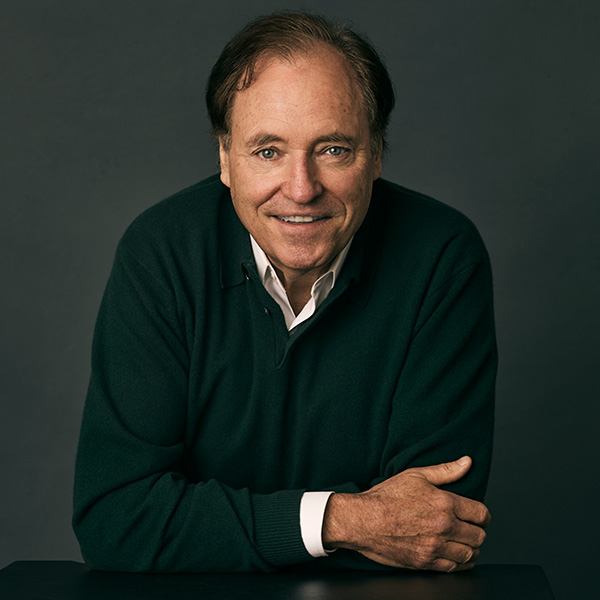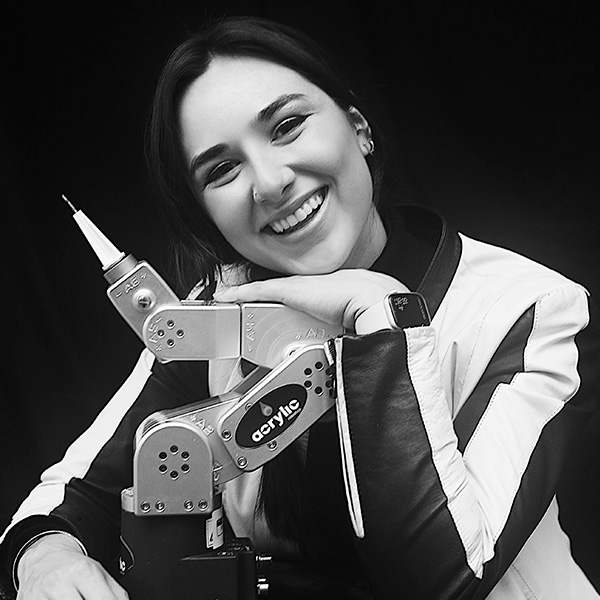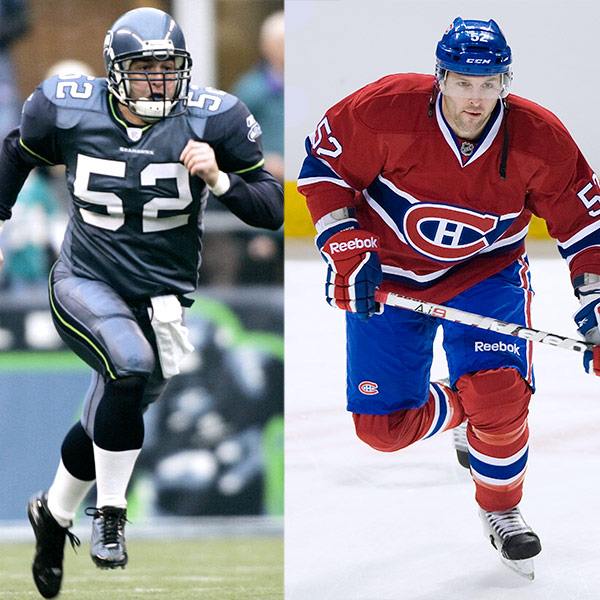“The highlight of my day is seeing that ‘aha’ moment,” says Frederic Bertley, BSc’94, PhD’00, president and CEO of the Center of Science and Industry (COSI) in Columbus, Ohio. He’s talking about “that oh-my-gosh expression” when someone engages with a cool science exhibit at COSI or takes part in a fun experiment.
“At COSI, we make science accessible,” says Bertley of the place he’s led since 2017. COSI offers more than 300 interactive experiences, nine galleries and a planetarium on site, as well as a range of off site and online programs. All told, more than one million people interact with COSI in some way each year. It has been named the top American science museum for four years in a row by the USA Today Readers’ Choice Awards.
And this summer, COSI was awarded a National Medal for Museum and Library Service, the highest honour given to museums and libraries in the U.S.
Before joining COSI, Bertley served as senior vice president for science and education at another prominent science museum, the Franklin Institute in Philadelphia. An immunologist, educator, and broadcaster, he is known for his dedication to communicating science to a broad audience.
“You do not need to be a scientist to join this party,” says Bertley in the promo for season three of Dr. B. in 3, his online series. In short videos, he explains topics ranging from climate change to organic food. “This is a crash course in science — but with a funky, cool vibe,” says Bertley’s animated avatar.
He’s also the host of a live TV show, QED with Dr. B, in partnership with PBS-WOSU Public Media. The two shows have won a combined six regional Emmys over their first and second seasons. For Bertley, the best part of getting an Emmy is “the fact that the highest award for television creativity has decided that science communication is actually important.”
Joining the science party
Bertley is on a mission to teach people of all ages that science is not only funky and cool — it’s essential.
“If you woke up tomorrow morning and the science and technology of the planet didn’t work, you literally couldn’t function,” he says. “Your food is rotten because your fridge is not working. You have no electricity, no computer, no phone.” He notes that all the technologies we now take for granted — from plumbing to transportation to social media — were possible because of scientific achievements.
He’s equally on a mission to encourage young people that they can be scientists.
Bertley founded the Color of Science, now a signature program at COSI that focuses on diversity, equity, and accessibility programming. The initiative introduces the public to science, technology, engineering, and math professionals who include women, persons of African American, Latinx/Hispanic, Asian Pacific, and Native American heritages, members of the LGBTQ+ community, and persons with disabilities.
“This is one of the programs I’m proudest of,” says Bertley. The idea is to show students from diverse backgrounds that scientists aren’t all “old white men with thick glasses and pocket protectors,” he says. “We’re trying to shine a light on all these other folks doing really amazing work who aren’t getting the exposure.”
Other programs at COSI include school field trips, a touring festival that brings interactive science experiences to communities across Ohio, a program that educates students about intellectual property and entrepreneurship, and COSI Connects Kits, themed science packages mailed to kids around the world.
Bertley’s impact on COSI has not gone unnoticed in Columbus. Earlier this year, he received one of the city’s top civic awards, the Spirit of Columbus Award.
“Dr. Bertley exemplifies community spirit, innovation, and leadership in action. His boundless creativity, unwavering resolve, and generous acts of service have inspired youth and families in our community and beyond to dream big about the future,” said Douglas Kridler, president and CEO of the Columbus Foundation.
Bertley is quick to share credit for his institution’s successes. “I’ve got a great team at COSI.”
A family of McGillians
Bertley hails from an academically minded family with deep roots at McGill. His father, Leo Bertley, BA’57, and his mother, June Miller-Bertley, MA’82, both acquired multiple university degrees, and Bertley and his three siblings all attended McGill.
After graduating with his undergraduate degree in physiology in 1994, Bertley completed a doctorate in immunology from the University in 1999. He continued his research as a fellow at Harvard Medical School, where he worked on the development of DNA vaccines for HIV/AIDS. His global health experience includes work on preventative medicine and basic vaccines in Haiti, Sudan, and the Canadian Arctic, as well as education and science programs in Egypt, Paraguay, Senegal, and the Caribbean.
He has delivered talks, keynotes, seminars and workshops around the world, including at the United Nations, the White House, and the Centers for Disease Control. In 2015, he was inducted into The History Makers, the digital repository for the Black experience housed at the U.S. Library of Congress.
Bertley credits his two McGill degrees with opening doors and helping him achieve the career he has today. He also credits his late parents for encouraging him to choose McGill. “It was a great academic and athletic environment.”
Igniting the next generation
Born and raised in Montreal, Bertley has now lived in the U.S. for more than 20 years. Despite the accolades that he and COSI have achieved, he’s keenly aware of the challenges that scientists face in today’s climate of misinformation and disinformation. “Absolutely, science literacy is a problem. We have to do more to solve the problem.”
He pinpoints three ways to do that. First, scientists need to be more comfortable with learning how to communicate — “and with wanting to communicate.” At the same time, the mainstream media needs to do a better job of celebrating scientists, as it does with athletes, rock stars, and Hollywood actors. Bertley would like the media to “show a little more shine on scientists and engineers and the people who are literally changing our planet for the better.”
And the public school system needs to replace its outdated lab equipment and update how science is taught. In his view, the science that young people are learning today is too often disconnected from the latest breakthroughs and cutting-edge technologies.
“How do we ignite that next generation of boys and girls to get really excited about science?” It is a question that Bertley and his COSI colleagues are consumed with as they spark one “aha” moment at a time.
“For me, it’s more of a vocation and a passion project — and I get paid to do it!”


